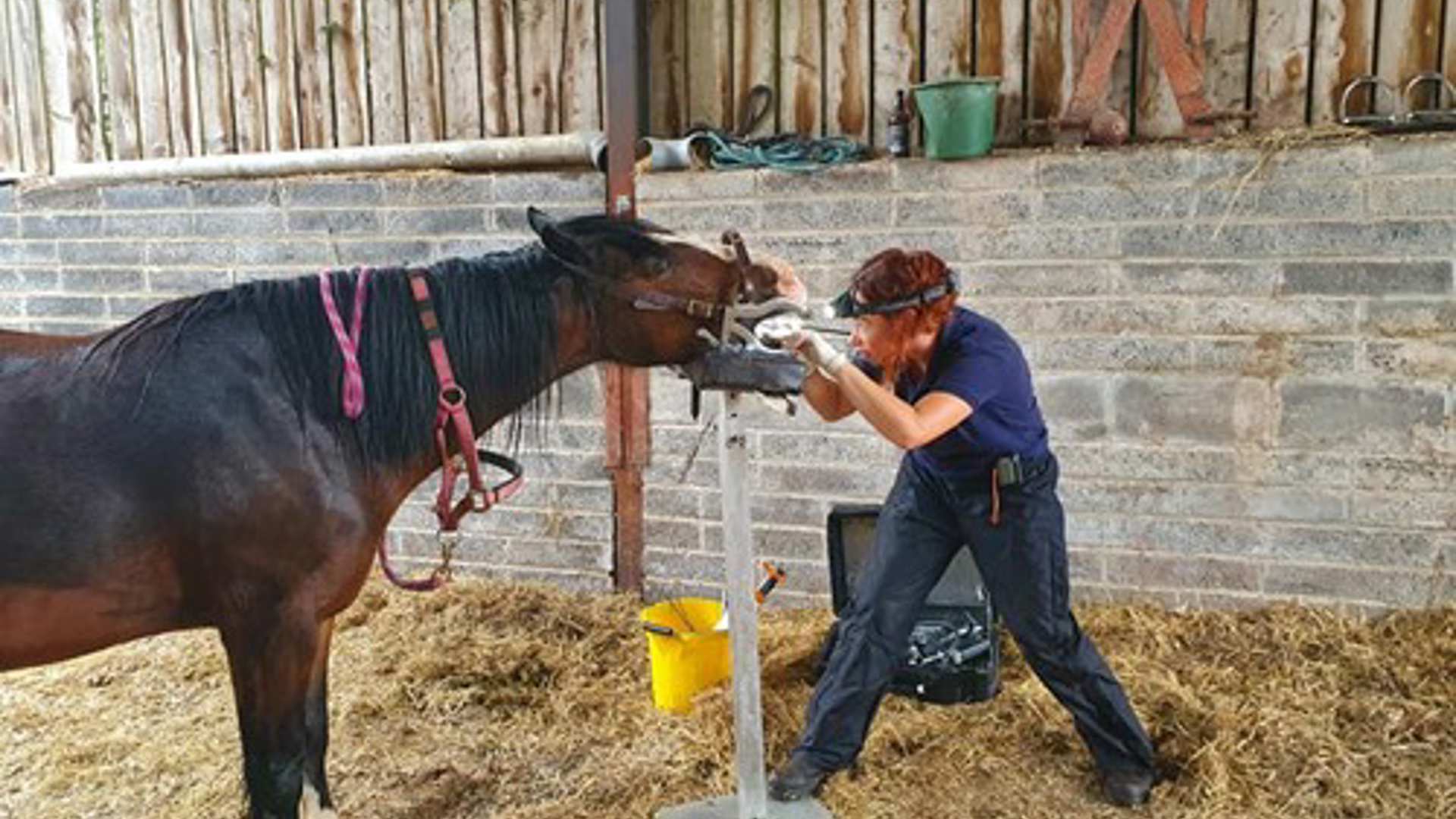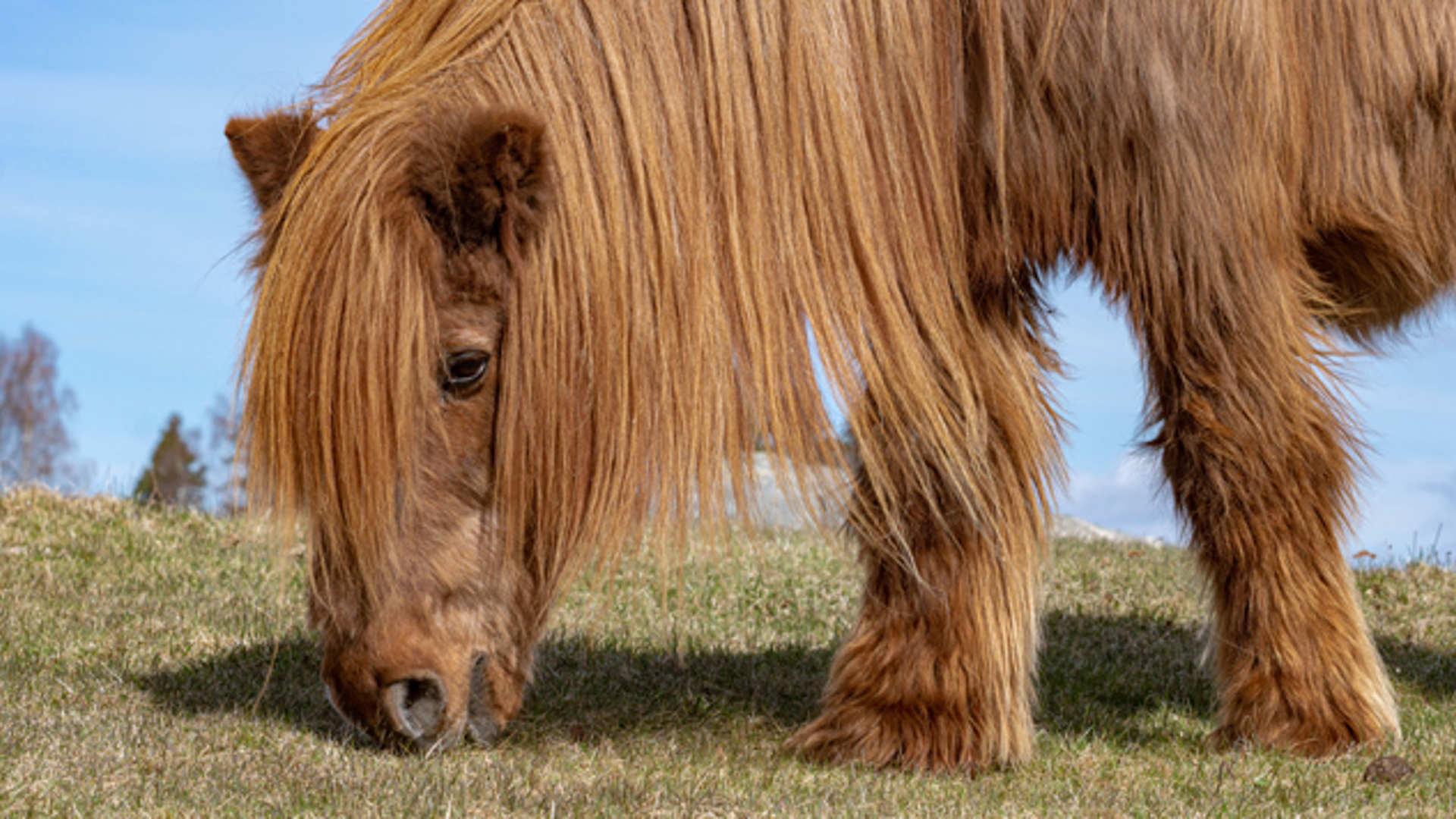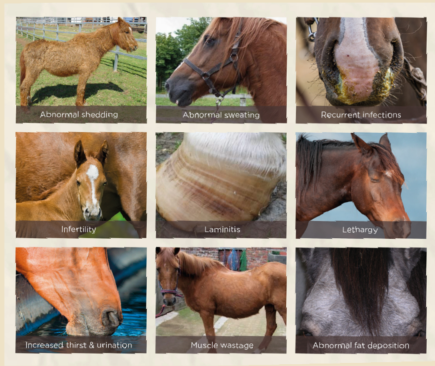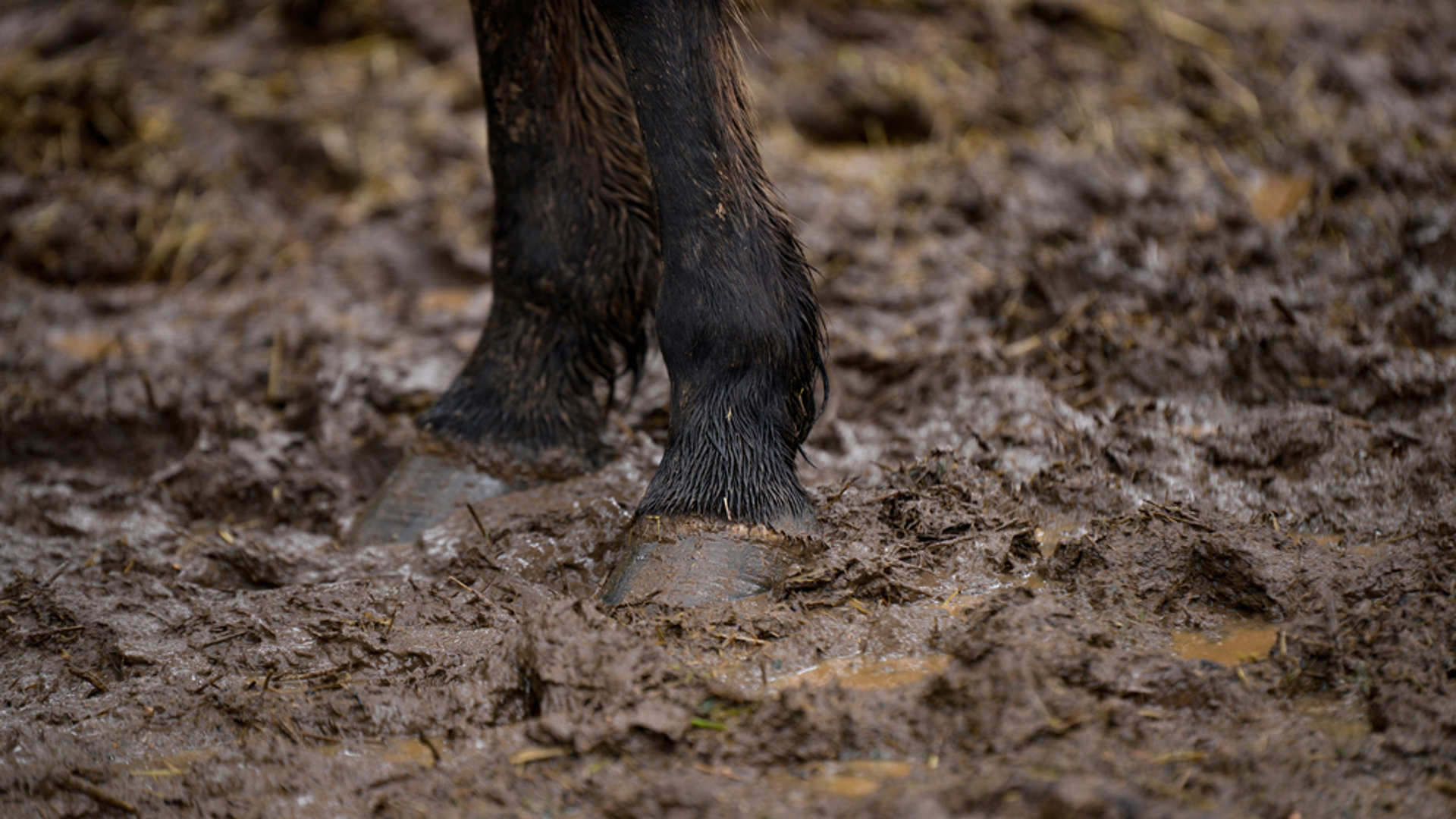
Equine Cushing's Disease
Equine Cushing’s Disease, also known as PPID, is one of the most common disease syndromes recognised in horses and ponies in the UK.
This disease is a progressive condition that can negatively impact your horse’s quality of life. While early signs, such as subtle coat changes, may seem minor at first, the disease is likely to worsen over time, leading to more serious symptoms that could significantly affect your horse’s well-being.
How to spot Equine Cushing’s Disease
Equine Cushing’s Disease can affect any older horse or pony, regardless of breed or gender, with age being the primary risk factor. While it can’t be prevented, owners of horses over 10 years old should stay alert for clinical signs and promptly consult their vet with any concerns. Early diagnosis and treatment can significantly improve symptoms and enhance the horse’s quality of life.
What to do if your horse has been diagnosed
A diagnosis of Equine Cushing’s Disease can feel overwhelming. Although Cushing’s is a progressive condition with no cure or prevention, treatment is essential to manage the clinical signs and hormone levels that can significantly affect your horse’s quality of life. With proper management, you can enjoy more quality time with your horse.
While Cushing’s is a lifelong condition, treatment can be straightforward and effective. Medication prescribed by your vet can help reduce the abnormal hormone production from the pituitary gland, leading to improvements in clinical signs typically seen within 6-12 weeks. Many owners notice their horse’s energy and demeanour improve even sooner. Often, owners don’t realise how much Cushing’s has affected their horse until they begin treatment and witness a positive transformation.
Most horses respond well to treatment and can continue being ridden. However, certain symptoms, such as muscle loss, may take longer to improve, and supporting muscle growth with proper nutrition and exercise is also key. Cushing’s is an individual disease and horses will differ regarding their signs, blood ACTH levels and response to treatment. A tailored treatment and management routine can be formed with your veterinary team.
Stay in the know Related articles & advice
-
Mud Fever

-
Colic
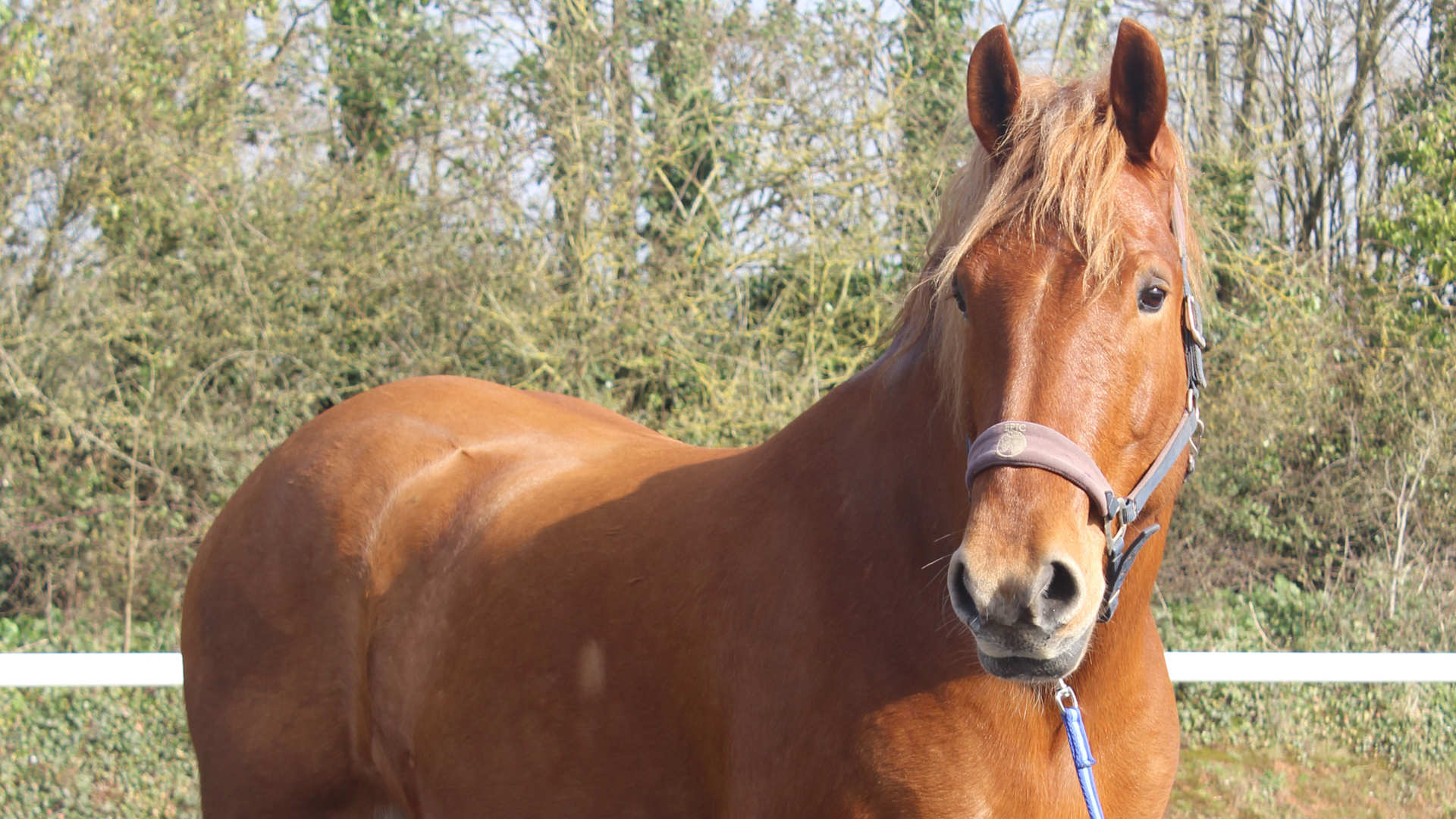
-
Dental Health
